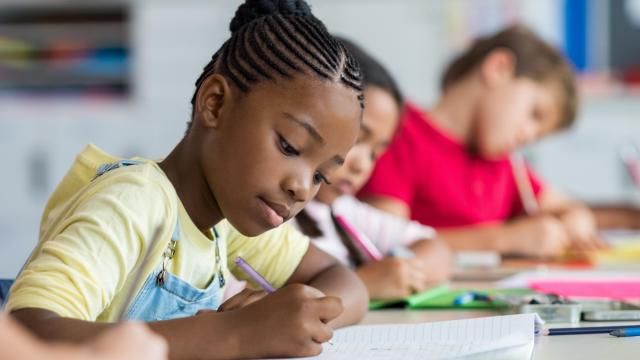 The Importance of Accuracy in Learning
The Importance of Accuracy in Learning
In an age where information is abundant and readily accessible, the importance of accuracy in learning has never been more critical for the youth. Accuracy ensures that the knowledge acquired is correct and reliable, forming a solid foundation for further learning and decision-making. Here’s why accuracy is vital and how young learners can cultivate it.
Why Accuracy Matters
- Building a Strong Knowledge Base: Accurate information is the cornerstone of a strong educational foundation. Misunderstandings or errors in basic concepts can lead to more significant issues as learning progresses, making it harder to grasp advanced topics.
- Developing Critical Thinking: Accurate learning encourages critical thinking. It involves verifying information, cross-referencing sources, and questioning inconsistencies. This critical approach fosters a deeper understanding of subjects.
- Enhancing Academic Performance: Inaccurate learning can negatively impact grades and academic achievements. Accurate understanding of concepts and meticulous attention to detail contribute to better performance in exams and assignments.
- Preparing for Future Challenges: Inaccurate information can lead to poor decisions in real-life scenarios. Developing the habit of accuracy helps prepare youth for future challenges, enabling them to make informed and effective choices.
Cultivating Accuracy in Learning
- Active Engagement: Active engagement with the material promotes accuracy. Instead of passively reading or listening, students should take notes, ask questions, and discuss topics with peers or teachers to ensure they fully understand the content.
- Cross-Referencing Sources: Relying on a single source of information can lead to inaccuracies. Students should cross-reference multiple sources to verify the accuracy of the information they encounter. This practice helps in identifying and correcting discrepancies.
- Attention to Detail: Developing a keen eye for detail is crucial. Whether solving math problems or writing essays, paying attention to the specifics can prevent errors and ensure precision.
- Practice and Review: Regular practice and review are essential for reinforcing accurate learning. Revisiting topics, solving practice problems, and seeking feedback can help identify and correct mistakes.
- Utilizing Reliable Resources: The quality of resources plays a significant role in accurate learning. Students should use reputable textbooks, peer-reviewed articles, and trusted online educational platforms to gather information.
- Asking for Help: When in doubt, students should not hesitate to ask for help from teachers, mentors, or knowledgeable peers. Seeking clarification on confusing topics ensures accurate understanding.
The Role of Technology
Technology, when used effectively, can enhance accuracy in learning:
- Educational Apps and Tools: Many apps and online tools are designed to support accurate learning. For instance, grammar-checking tools, math-solving apps, and educational platforms with interactive content can help students learn accurately.
- Online Courses and Tutorials: Access to online courses from reputable institutions can provide accurate and high-quality education. Platforms like Coursera, Khan Academy, and edX offer courses across various subjects that emphasize accuracy and thorough understanding.
- Digital Note-Taking: Digital note-taking apps like Evernote or OneNote can help students organize their notes better, making it easier to review and ensure accuracy.
The Role of Educators and Parents
Educators and parents play a vital role in fostering accuracy in learning:
- Encouraging a Culture of Accuracy: Educators and parents should emphasize the importance of accuracy and encourage a culture of precision and careful work.
- Providing Constructive Feedback: Constructive feedback helps students recognize their mistakes and learn from them. Timely and specific feedback from teachers and parents is crucial for correcting inaccuracies.
- Modeling Accurate Practices: Adults should model accurate practices themselves, demonstrating the importance of thorough research, verification, and attention to detail.
Conclusion
Accuracy in learning is essential for building a robust knowledge base, developing critical thinking skills, and preparing for future challenges. By actively engaging with material, cross-referencing sources, paying attention to detail, and using technology wisely, young learners can cultivate accuracy in their education. Educators and parents play a critical role in supporting this development, creating an environment where accuracy is valued and practiced. Through accurate learning, the youth can achieve academic success and make informed decisions, laying the groundwork for a bright future.